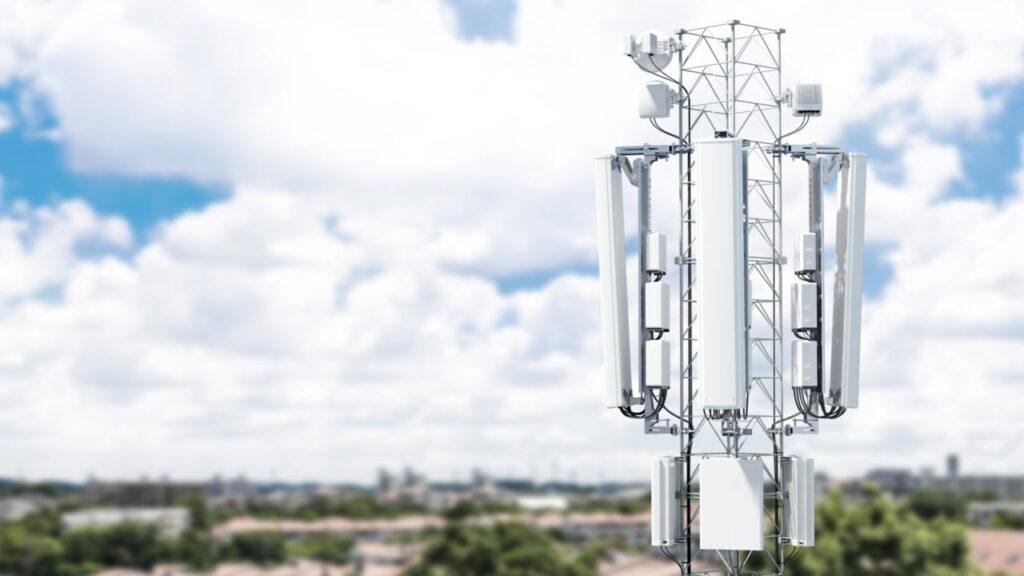5G Controversy: Is It Good or Bad?

The rollout of 5G continues steadily, but various researchers are concerned that 5G is probably dangerous to people and the environment. Not only researchers voiced their complaints, because doctors and scientists also filed moratoriums and appeals.
Since its rollout, the reception by the public has been lukewarm because of the earlier allegations, misinformation, hoaxes, and various deceptive reports. But is there some truth in all these claims?
Why is there a controversy?
Although there were misgivings and misinformation about 5G, the technology indeed uses extremely high frequency. Because of the high-frequency traits, the waves do not travel long distances, unlike 4G. For clearer reception, antennas should be erected near another antenna, which could be between 330 and 660 feet or about 100 and 200 meters.
The fear of “radiation” is a factor that makes the public hesitant about 5G. Radiation is a strong word that connotes something like nuclear fallout. However, when applied to telephony, the term means the emission of power, such as electromagnetic waves. Since radiation is a technical and scientific term, many people are not familiar with it and what it means. In reality, even the warmth emitted by the human body is a type of radiation, if you want to put it technically.
There were even issues linking 5G to the spread of the coronavirus. And some extremists in Europe and North America went to the extent of setting fire to telecommunication towers. Other theories claimed that the waves 5G infrastructures will emit could weaken the immune systems of humans.
The World Health Organization had to warn the public about the misinformation about 5G telephone networks, explaining that phone networks do not spread the Covid-19 virus and that viruses do not circulate over mobile networks or radio waves.
Fear of the unknown, social influences and previous studies on the effects of electromagnetic fields can be sources of the resistance. For example, 5G produces electromagnetic frequencies, which develop an area called an electromagnetic field (EMF), which some believe has adverse effects on people’s health.
There could be some effects, but studies regarding EMF are small and non-conclusive. Among the possibilities that were the objects of various studies include tissue heating, cognitive function, and cancer.

The positive effects of 5G
Until researchers find conclusive evidence that EMF and 5G are harmful, users can enjoy the benefits of the new system.
- Speed
One of the primary benefits is 5G’s speed. Transmissions can reach 15 to 20 Gbps. Faster speeds mean that users can access files, remote applications, and programs almost instantaneously. In addition, devices running 5G will use less internal memory as external data storage, such as cloud storage, will always be within easy (and faster) reach.
- Low latency
Low latency means a minimal or negligible lag in the round-trip data transmission, which will take about five milliseconds, meaning it is possible to control devices almost in real-time remotely. Logistics, manufacturing, and agriculture are some industry sectors that will benefit from the low latency of 5G.
- Higher capacity
With 5G, it is possible to deliver capacities of up to 1,000 times higher than 4G. With the increased capacity, more devices can communicate seamlessly, which can mean automation for different machines used in supply chain management processes.
- Increased bandwidth
5G allows the transmission of more significant amounts of data. Its architecture is different from 4G, which will enable the system to optimize network traffic and handle usage spikes smoothly. 5G will allow sports fans, for example, to live stream from crowded stadiums where internet connectivity is in high demand. Businesses will be able to receive and analyze big data better, giving them more opportunities to use volumes of data for business success.
Unfortunately, the coverage and availability of 5G remain limited. But while waiting for more comprehensive rollouts, are you going to switch to 5G, given its benefits? Or will be you concerned about the seeming health issues surrounding the new system?